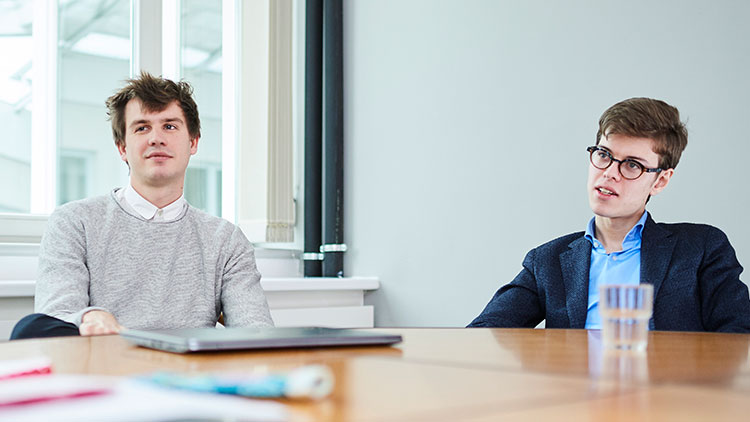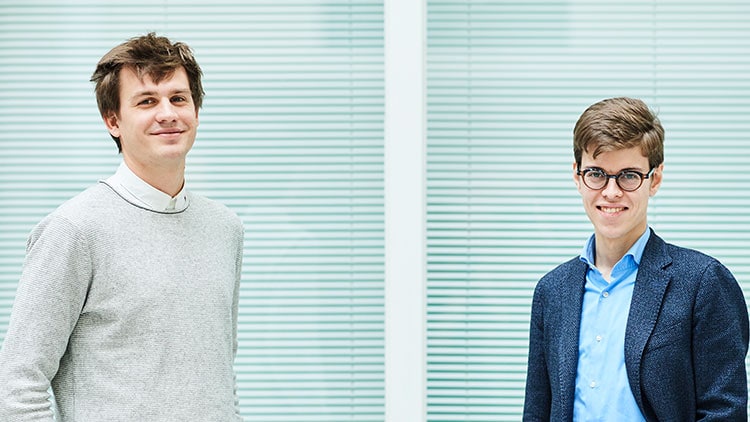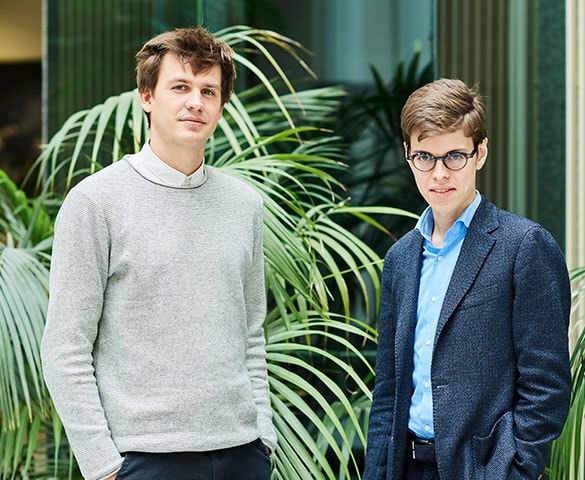The challenge
There can be little doubt that artificial intelligence (AI), the wide-ranging technology that enables people to rethink how information is integrated and analysed, with resulting insights used to improve decision making, is here to stay. It’s already transforming the way we live and work and will become even more prolific as the amount of available data continues to increase. Respondents to PwC’s 22nd Global CEO survey believe it’ll ultimately have greater impact than the Internet.
The greater adoption of AI will have sweeping societal considerations and as such it’s becoming a key part of some government’s strategy, with many countries and regions already working to create frameworks to tackle the important questions AI raises for society and the economy, one of which is Flanders.
“While Flanders is a hive of activity when it comes to AI, there’s no coordinated effort or vision, making it difficult to not just understand where the region stands in the world in terms of the technology, but importantly what other initiatives we could leverage to get the most out our investments,” explains Gert Bergen, Deputy-Head of the Flemish Ministry for work, economy, innovation and sport.

Gert Bergen (left) and Philippe Nys (right)

Taking a global approach
To get that understanding the Flemish Government tasked PwC with an international study of Flanders’ competitive position in AI. The study used a specific set of indicators to benchmark the region against different countries within and outside Europe. One of the main reasons PwC was chosen was our international network.
“That’s something we just don’t have,” says Philippe Nys, policymaker, Flanders Innovation & Entrepreneurship. “It’s crucial to have a global benchmark to see where we are compared to the rest of the world,” he adds, and he goes on, “one of the main drivers was to make sure we make the right strategic decisions. Rather than trying to simply do the same as the others with less budget, we want to choose the right areas of focus. PwC was able to very quickly draw on relevant information from around the world.”

The best possible result
As well as reaching out across the PwC Network, we spoke with knowledgeable academia in the region, not just for input, but also to gauge what we saw in other countries against the current situation in Flanders and to get their buy-in for the results, helping make them feel involved in the outcome. “PwC immediately understood the potentially sensitive nature of the discussion with regards to stakeholders and handled it very well. Investment comes from public funding and it’s important that stakeholders see that monies are being well spent,” says Gert Bergen.
While consultation meant that the process was longer than initially anticipated, Gert Bergen believes that the results were more substantial than they would’ve been in the shorter given timeframe.
“Ultimately, our goal is to create awareness of new policy directions and we need to have solid facts and figures to back that up. PwC was very open to feedback from stakeholders with regards to potentially missing information, which was then sourced. While we passed our initial agreed deadline, we have a more robust and well-executed result,” Gert Bergen notes.
"There are limitations on what’s possible to achieve with such a study. This is a new topic for policy development and the field evolves rapidly. PwC was always very upfront about what could be achieved given available data and sample sizes, rather than promising more than feasible."
Remaining realistic
Not only was the client impressed with PwC’s openness to feedback, but our focus on open and honest discussion.
“There are limitations on what’s possible to achieve with such a study. This is a new topic for policy development and the field evolves rapidly. PwC was always very upfront about what could be achieved given available data and sample sizes, rather than promising more than feasible,” reports Philippe Nys.

Positioning Flanders at the forefront of innovation
The study is the start of a dynamic long-term programme. “We’ll need another benchmark study in the years to come, not just to see how we’ve evolved against the market, but to assess the results of initiatives put in place and to monitor the choices we’ve made to make sure they’re the right ones,” says Gert Bergen.
It’s this sort of investment that’s helping put Flanders ahead in terms of research and development (R&D). Currently in sixth place within the European Union (EU), forecasts predict that investments being made in 2019 will push the region into the top five.
Over the last decades, the EU has sought to encourage increasing levels of research investment to provide a stimulus to the EU’s competitiveness, with the Europe 2020 Strategy calling for three percent of gross domestic product (GDP) to be devoted to R&D activities.
Embedding AI for Flanders’ future
It’s for that reason that the Flemish Government is also investing heavily in AI. “AI’s a big container for many things and offers lots of opportunities. We need to make it more easily accessible to people to make sure it gets embedded into our economy. For that we need to new types of training, not just for students or to teach people to design machine-learning algorithms, but to reskill people and make them aware of what AI is and what fun it can be. AI opens a lot of new career paths,” Gert Bergen enthuses.
As part of that, the Government’s scanning the market to assess current competencies, identify skills required in the coming years and see how the gap can be addressed. This is entirely in line with PwC’s thinking with regards to supporting the creation of the workforce for the future. As part of our corporate responsibility approach, we aim to challenge the digital divide by playing our part in helping to reduce the rising digital gap in the community. Each year, we support digital initiatives that help raise the digital awareness of teenagers and their parents.

Contact us

Partner Technology Consulting & Innovation, PwC Belgium
Tel: +32 495 59 08 40










